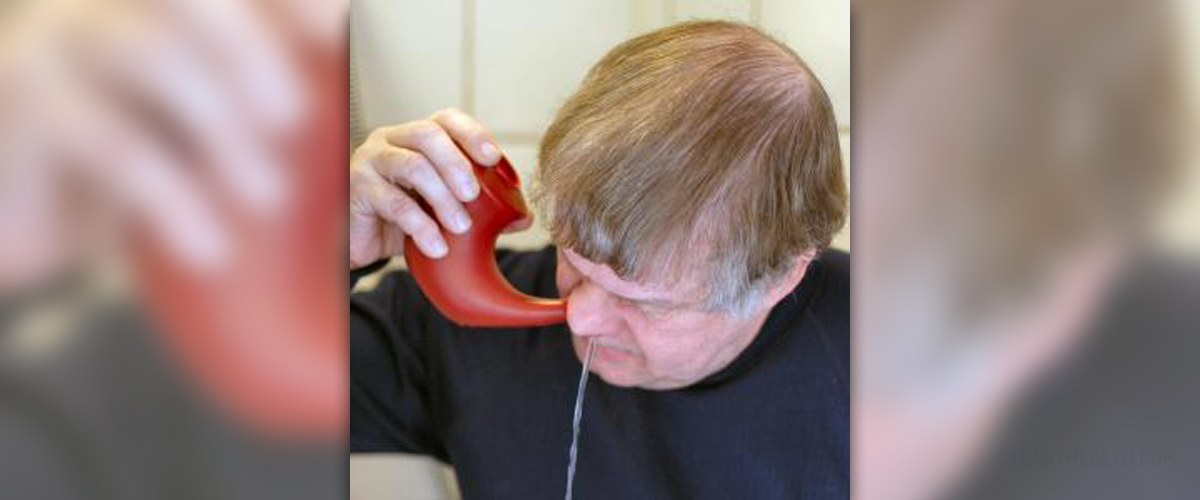
Nasal congestion, also known as stuffy nose, is blockage of the nasal cavity caused by swelling of the mucous membrane of the nasal cavity. The swelling develops as a result of exctravasation of fluids from small blood vessels in the surface of the mucous membrane. Nasal congestion is a typical reaction to many infective illnesses of the upper respiratory tract and is also a characteristic for different allergies. Even the exposure to certain irritants or chemicals may cause nasal congestion. Apart from having problems with nasal congestion such patients may additionally suffer from nasal discharge (runny nose). The problems affects people of all ages. However, nasal congestion definitely causes the most significant problems in infants because it interferes with breastfeeding.
More on Causes of Nasal Congestion
There is a variety of causes of nasal congestion. As it has already been mentioned the problem is typical for different infections of the upper respiratory tract. Some of them are acute/chronic sinusitis, common cold, flu etc. Furthermore, nasal congestion accompanies different allergies such as hay fever, dust mite allergy, food allergy, latex allergy, mold allergy, pet allergy etc. It can also occur in case of chickenpox, rubella and measles. Nasal congestion is one of the characteristics of different medical conditions such as Churg-Strauss syndrome, cluster headache, DiGeorge syndrome, nasal polyps, bronchiolitis, occupational asthma and Wegener's granulomatosis. The problem also affects individuals with deviated septum, may be related to certain medications (especially overuse of decongestant nasal sprays), and also occurs in people with foreign objects or tumors inside the nasal cavity. And finally, environmental factors (dry air) as well as many irritants or chemicals may be responsible for nasal congestion.
Treatment for Nasal Congestion
The goal of the treatment for nasal congestion is to reduce the inflammation and swelling of the mucous membrane, eliminate discharge (if there is any) and moisturize the inside of the nasal cavity. It is essential to identify the underlying cause of nasal congestion and treat it as well.
Nasal cavity can be kept moist with the assistance of humidifiers and vaporizers. One may also take long showers and breath in steam from a pot on the stove. Intake of plenty of fluids is a must. Nasal saline sprays and nasal irrigation are also beneficial in prevention against excessive dryness of nasal passages.
If none of the mentioned provides with desirable results one should consult a doctor. The doctor may recommend decongestants. These medications are available in a form of nasal sprays and can be taken as pills. Nasal congestion caused by allergies may require antihistamines. If the underlying cause is a bacterial infection patients are prescribed with antibiotics. Viral infections are treated with symptomatic treatment. And finally, if there are additional symptoms such as headache patients can be prescribed with pain killers.
- medlineplus.gov/ency/article/003049.htm
- www.nhs.uk/conditions/catarrh/
- Photo courtesy of Birte and Villy Fink Isaksen by Wikimedia Commons: commons.wikimedia.org/wiki/File:Nasal_irrigation.jpg



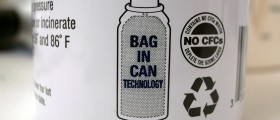


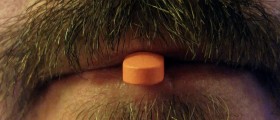


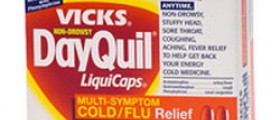

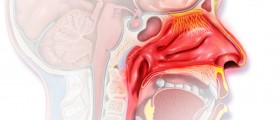





Your thoughts on this
Loading...